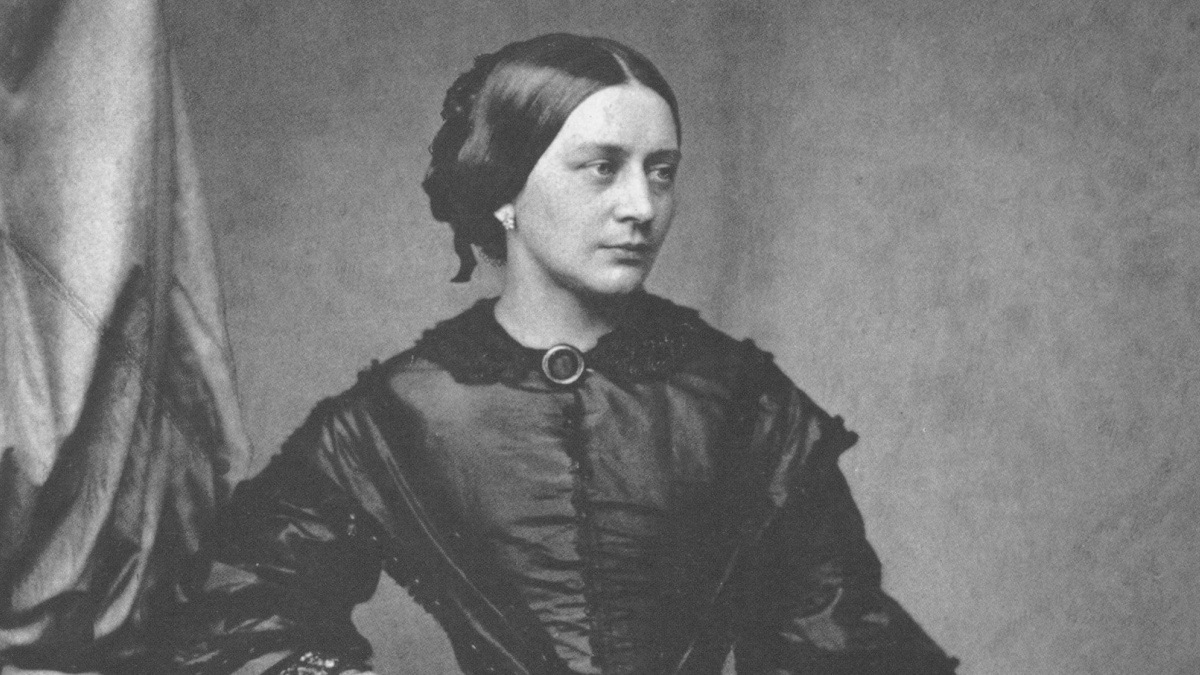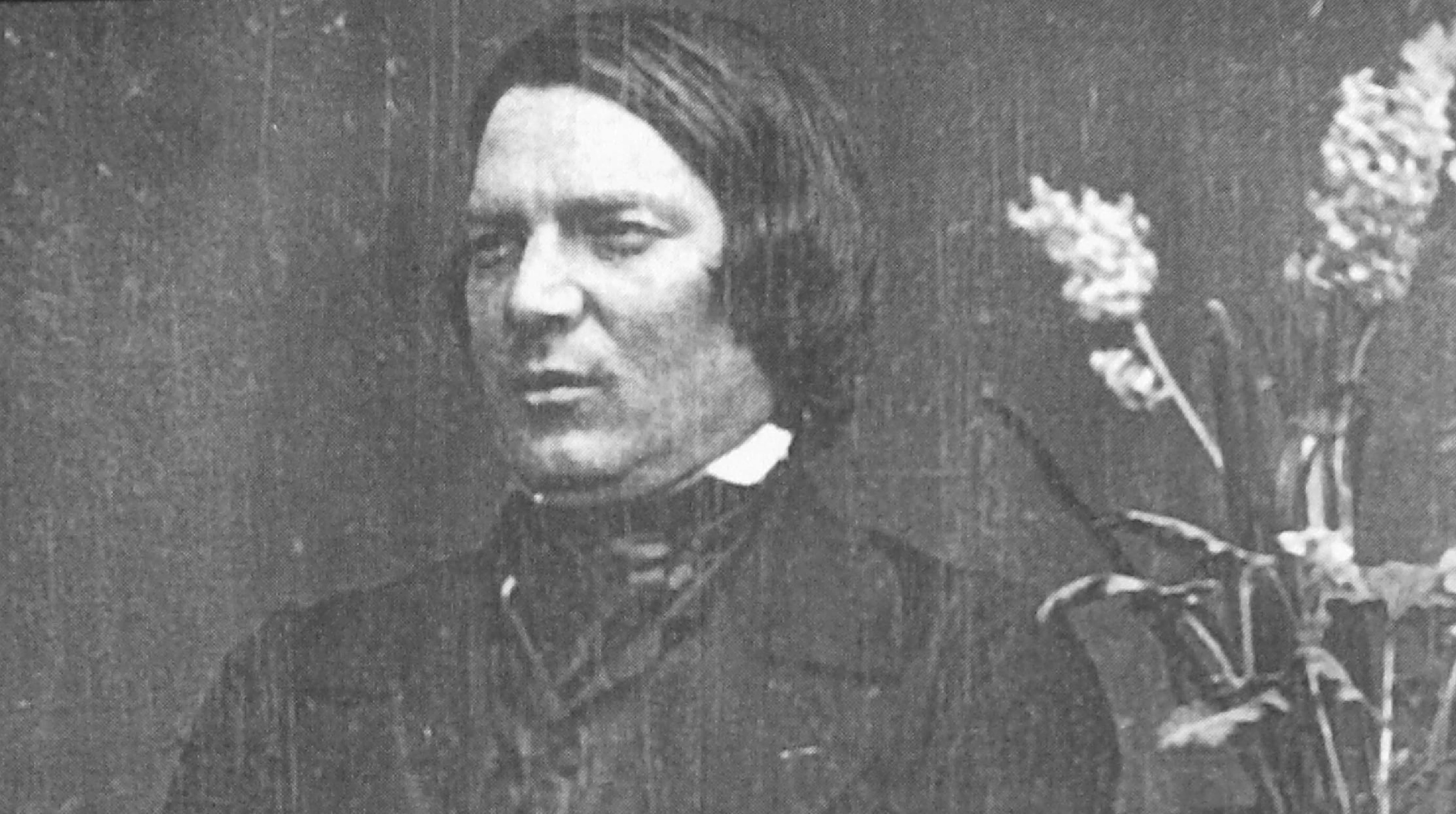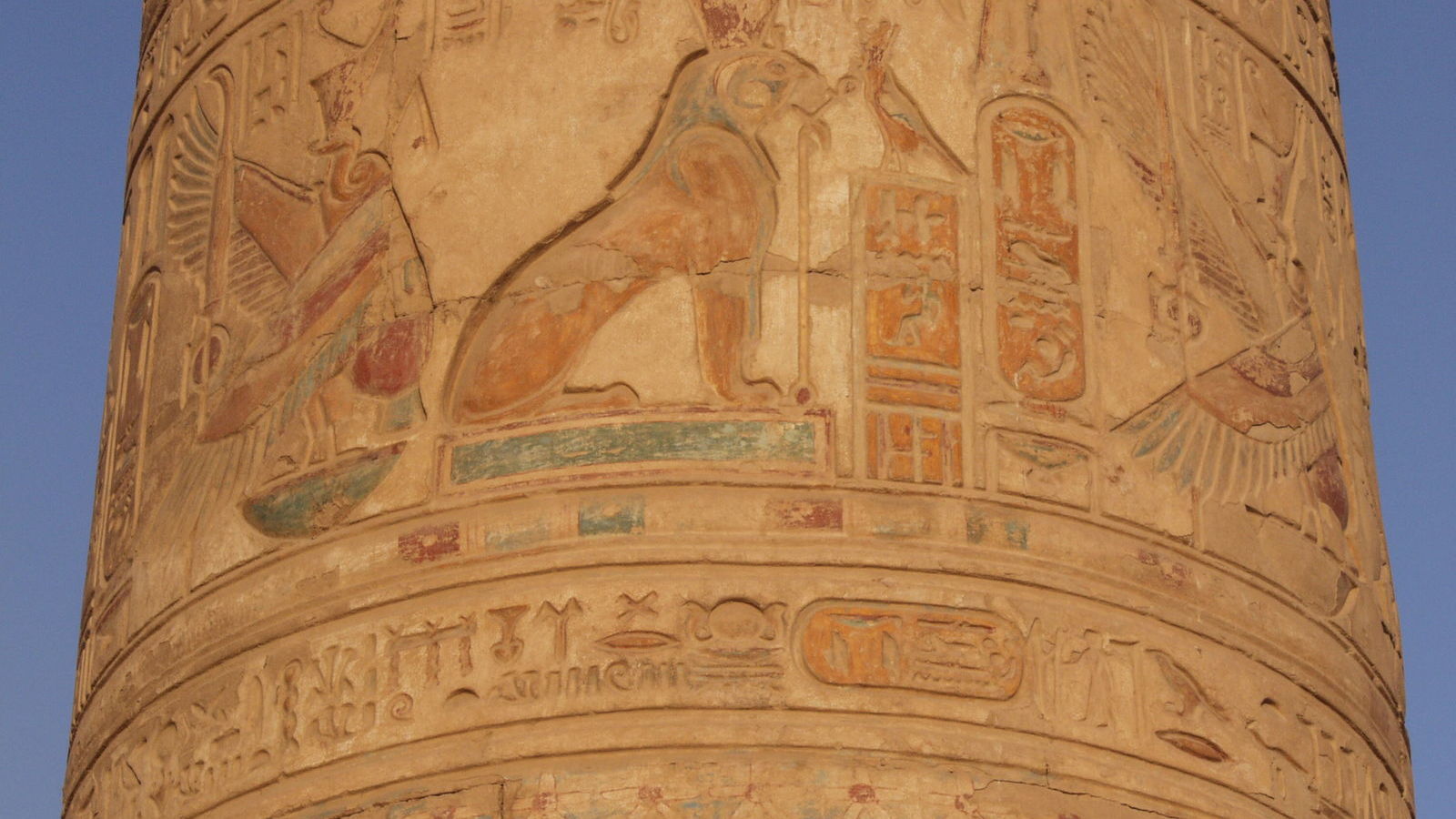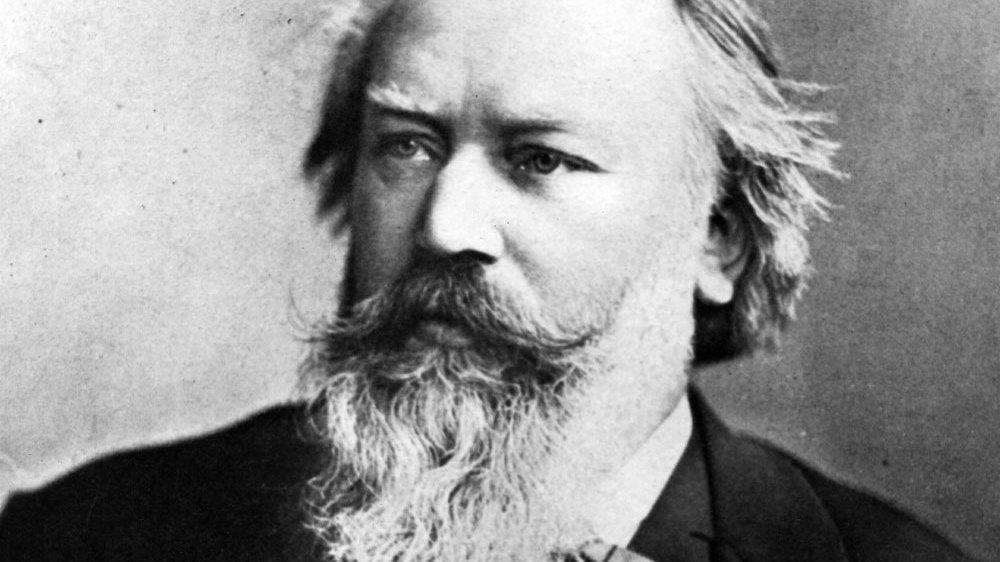Inmo Yang Plays Paganini
Last weekend, the Richmond Symphony’s season opened with concerts led by Marin Alsop. The program, perhaps one of the most memorable of my career in the RSO, included a performance of Paganini’s First Violin Concerto by the young Korean violinist, Inmo Yang. Yang, who was awarded First Prize at the 2015 Paganini Competition, brought more than stunning technique and poise. The Concerto was infused with the elegance and bel canto warmth of Italian opera. …







